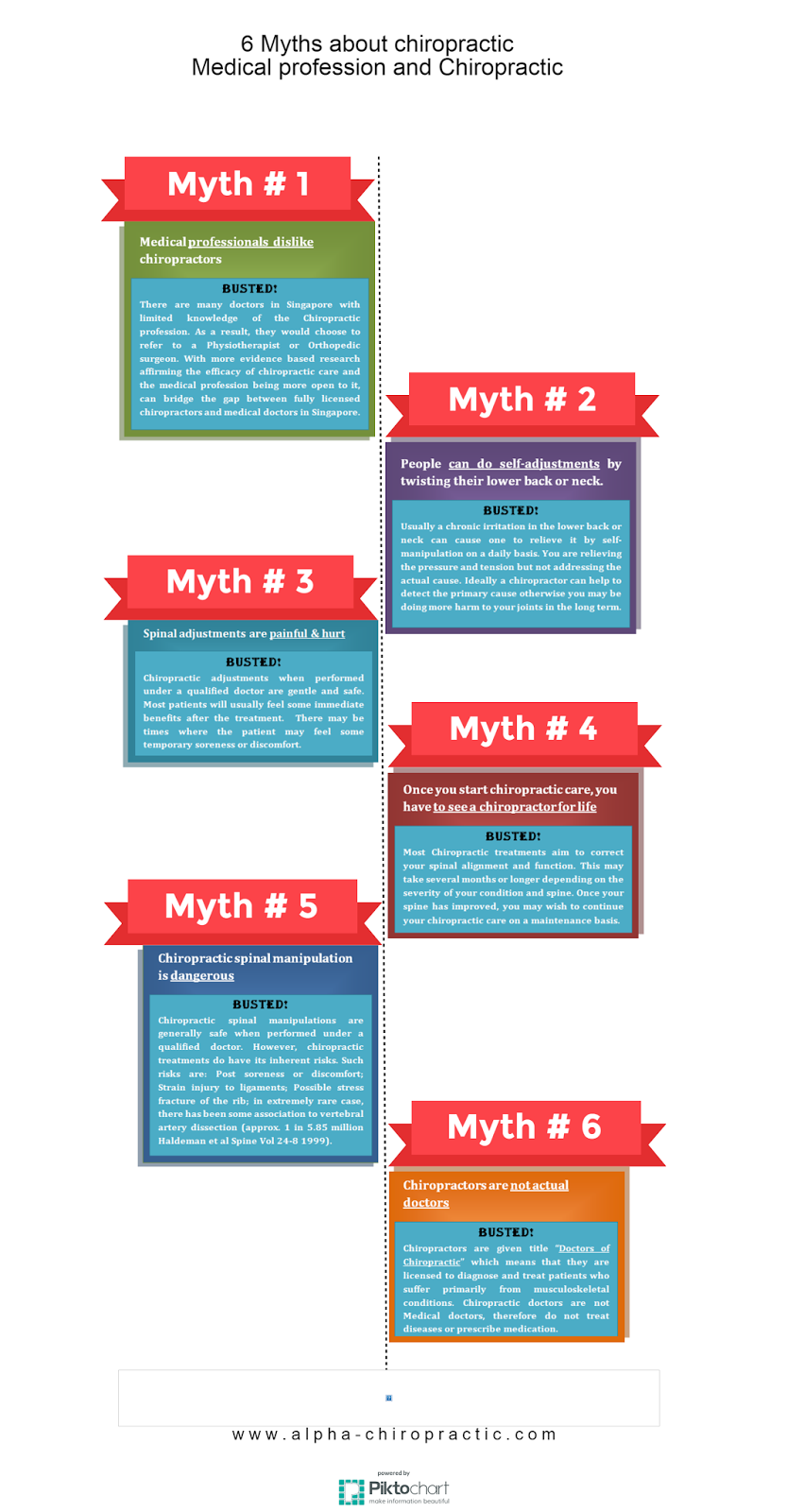The Relevance Of Nutrition In Taking Care Of Neck And Back Pain: Suggested Foods And Those To Avoid
The Relevance Of Nutrition In Taking Care Of Neck And Back Pain: Suggested Foods And Those To Avoid
Blog Article
Content Author-Russo Wheeler
When it involves handling your pain in the back, the food selections you make can significantly influence how you really feel each day. Picture being able to ease your discomfort simply by changing what you consume. By understanding the duty of nourishment in back pain administration and recognizing which foods to incorporate or steer clear of, you can take aggressive steps towards a much healthier and a lot more comfortable lifestyle. The link between nourishment and back health is more profound than you may recognize-- allow's discover exactly how particular foods can either relieve or worsen your pain in the back.
Value of Nutrition in Back Pain
Nourishment plays an important function in managing pain in the back. Your diet regimen can substantially impact inflammation degrees and general discomfort degrees in your back. Consuming a well balanced diet regimen rich in nutrients like vitamins D and K, calcium, magnesium, and omega-3 fats can help reduce inflammation and strengthen bones, which are vital for back health and wellness.
Furthermore, keeping a healthy weight via appropriate nourishment can reduce tension on your spine, minimizing the danger of neck and back pain.
Additionally, particular nutrients like anti-oxidants located in fruits and vegetables can help fight oxidative tension and advertise healing in the body, consisting of the back muscles and spinal column.
On the other hand, taking in too much amounts of refined foods, sweet beverages, and undesirable fats can contribute to swelling and weight gain, intensifying neck and back pain.
Foods to Consume for Back Health
To sustain a healthy back, incorporating nutrient-rich foods right into your day-to-day meals is key. Consisting of foods high in antioxidants like berries, spinach, and kale can help in reducing swelling in your back, reducing discomfort and discomfort. Omega-3 fats found in fatty fish such as salmon and mackerel have anti-inflammatory residential properties that can profit your back health.
In why is my lower back hurting so bad , taking in nuts and seeds like almonds, walnuts, and chia seeds provides important nutrients like magnesium and vitamin E, which support muscular tissue feature and reduce oxidative tension. Including lean healthy proteins such as chicken, turkey, and tofu can aid in muscular tissue repair work and maintenance, advertising a solid back.
Do not neglect to include dairy or strengthened plant-based options for calcium to sustain bone wellness. Finally, moisturize with a lot of water to keep your back discs moisturized and operating ideally. By including these nutrient-dense foods in your diet regimen, you can nourish your back and support overall back wellness.
Foods to Avoid for Pain In The Back
Opt for staying clear of processed foods high in sugarcoated and trans fats when seeking relief from pain in the back. muscle back of foods can add to swelling in the body, which might intensify back pain. Say no to sweet snacks like candy, pastries, and sweet drinks, along with fast food items like hamburgers, french fries, and fried hen that are often filled with trans fats.
Furthermore, avoid foods consisting of high levels of refined carbohydrates, such as white bread, pasta, and breads, as they can spike blood glucose levels and possibly aggravate inflammation in the body.
It's additionally a good idea to limit your intake of foods high in saturated fats, like red meat and full-fat dairy items, as they can contribute to swelling. Processed foods like delicatessens meats, chips, and packaged treats are usually high in hydrogenated fats and must be eaten in moderation.
Final thought
In conclusion, taking note of your diet and making smart food selections can have a significant influence on handling pain in the back. By integrating nutrient-rich foods like berries, fatty fish, nuts, and lean proteins, and staying clear of processed and sugary items, you can help reduce swelling and support overall back wellness. Keep in mind, what you eat plays a critical function in exactly how you feel, so see to it to prioritize your nourishment for a much healthier back.
